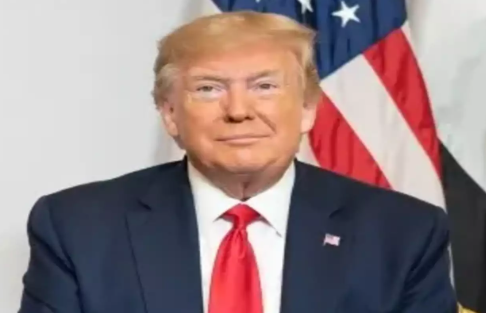Trump’s Birthright Citizenship Controversy
U.S. President-elect Donald Trump aims to end birthright citizenship, which could impact millions, especially Indian Americans. Approximately 1.6 million Indian Americans born in the U.S. may be affected. The 14th Amendment currently guarantees automatic citizenship to anyone born on U.S. soil.
About the 14th Amendment
The 14th Amendment grants citizenship to all persons born or naturalized in the U.S. It was established to provide citizenship to former slaves and their descendants. Critics argue this provision has been exploited, particularly in cases of “birth tourism.”
Trump’s Position
Trump views birthright citizenship as a contributor to illegal immigration. He believes it should not apply to children born to non-citizens. His statements have sparked debate among experts and citizens alike.
Legal Implications
Ending birthright citizenship would require amending the Constitution or a court reinterpretation. Legal experts caution that such changes face challenges. Any attempt to alter this could provoke lawsuits and constitutional debates.
Impact on Indian Americans
If birthright citizenship is revoked, U.S.-born children of Indian Americans may lose their citizenship. This could complicate their legal status and access to rights. Indian Americans, a community of over 5.4 million, contribute to the economy.
The Indian American community boasts the highest median household income among ethnic groups in the U.S. Their average income is $126,891, nearly double the national average. They represent over 80% of H-1B visa holders, primarily in technology fields.
Broader Effects
The change could affect many undocumented immigrants and their children. Estimates suggest that the number of Indian undocumented immigrants has increased in recent years. Families could face separation if citizenship is revoked.
Trump’s immigration stance poses challenges for future generations. Prominent figures like Vice President Kamala Harris exemplify the community’s success. However, restrictive policies could hinder progress and opportunities for Indian Americans.
GKToday Facts for Exams:
- 14th Amendment The 14th Amendment guarantees citizenship to all born in the U.S. It was enacted post-Civil War to protect former slaves and their descendants.
- H-1B Visa The H-1B visa allows U.S. companies to employ foreign workers in specialty occupations. Over 80% of H-1B holders in the U.S. are Indian Americans, primarily in technology.
- Birth Tourism Birth tourism refers to non-citizens travelling to the U.S. to give birth. Critics argue this practice exploits the 14th Amendment for citizenship advantages for children.
Month: Current Affairs - December, 2024
Category: Legal & Constitution Current Affairs


